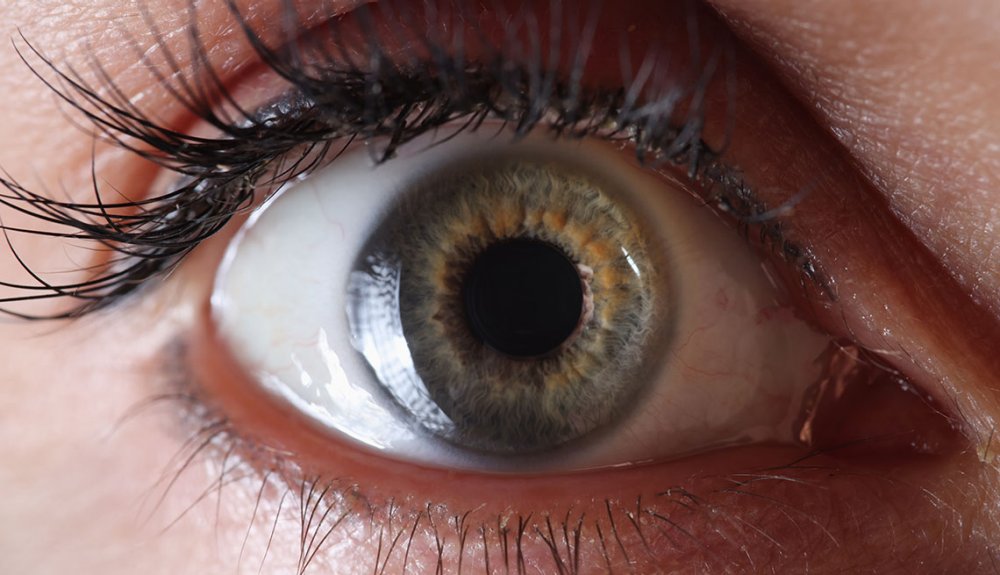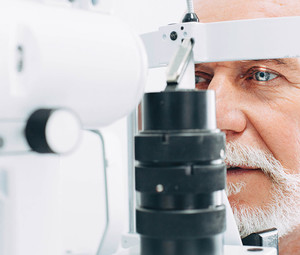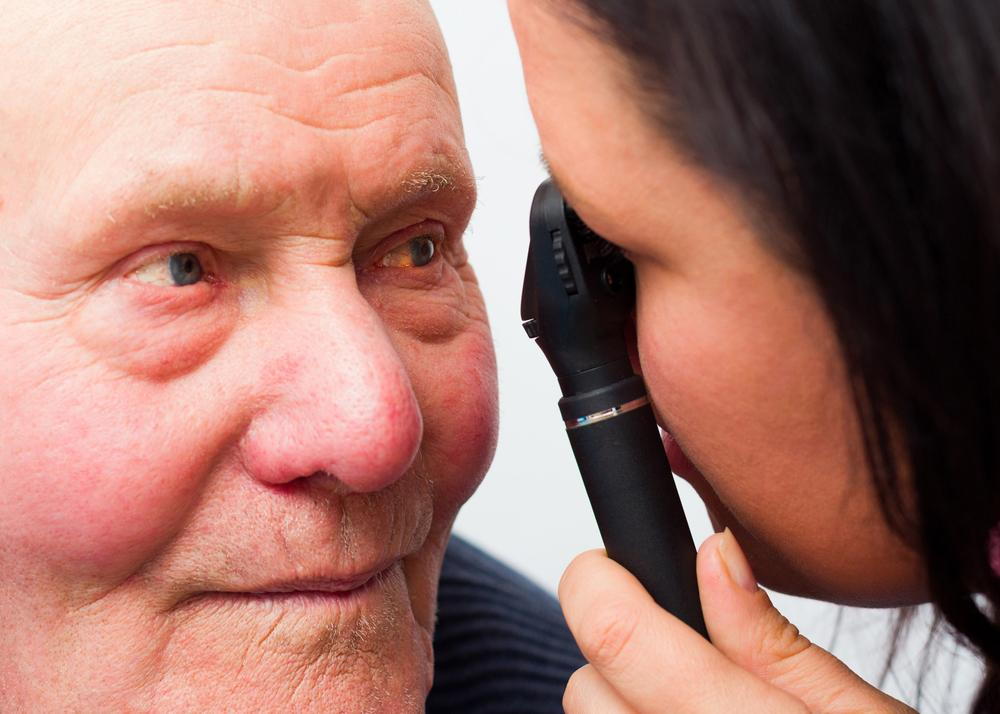All Categories
Featured

Managing persistent eye problems can be a difficult journey, however with the ideal method, people can keep a premium quality of life and protect their vision. Chronic eye problems such as glaucoma, macular deterioration, diabetic person retinopathy, and completely dry eye condition often require long-term management and constant treatment. The trick to effectively taking care of these problems lies in a combination of professional treatment, way of life modifications, and regular monitoring.
- Regular Eye Tests
Regular eye tests with an optometrist or ophthalmologist are necessary for monitoring the progression of chronic eye conditions. People must stick to the timetable recommended by their eye treatment experts, as regular exams can aid capture any type of problems prior to they get worse.
- Complying With Prescribed Treatments
Numerous chronic eye problems are convenient with medication, way of living changes, or a combination of both. Eye decreases are frequently prescribed to deal with glaucoma, while anti-VEGF shots may be suggested for macular degeneration.
- Diet and Nutrition
Proper nourishment plays an important duty in maintaining eye health and wellness. Consulting with a nutritional expert can assist individuals customize their diet regimen to sustain eye wellness while handling other facets of their problem, such as blood sugar degrees for diabetic clients.
- Protecting the Eyes

Individuals handling persistent eye conditions ought to take actions to shield their eyes from further pressure or damage. Wearing sunglasses that block UV rays can aid shield the eyes from damaging sunlight, which can intensify conditions like cataracts or macular deterioration. Additionally, staying clear of cigarette smoking is critical, as it can increase the risk of a number of eye conditions, including macular degeneration.
- Keeping Track Of Symptoms at Home
Monitoring signs is one more essential aspect of taking care of chronic eye conditions. Patients need to be mindful of any modifications in their vision, such as blurriness, unexpected vision loss, or raised level of sensitivity to light, and report these changes to their doctor. Utilizing tools like an eye graph in the house or monitoring aesthetic disruptions can aid people remain aggressive in their treatment.
- Support and Education
Dealing with a chronic eye problem can be emotionally and mentally straining. Assistance from household, close friends, or assistance teams can make a significant distinction in coping with the condition. Lots of clients likewise take advantage of educational sources that aid them understand their diagnosis and treatment choices. Knowledge is power, and the even more clients find out about their problem, the much better furnished they are to handle it successfully.
To conclude, handling persistent eye problems entails a holistic strategy that consists of routine eye tests, adherence to prescribed treatments, preserving a healthy and balanced diet, and shielding the eyes from additional damages. With the best care and support, clients can efficiently handle their eye wellness and keep their vision for several years to come.
Efficient Methods for Managing Chronic Eye Conditions: An Individual's Overview

Persistent eye conditions such as glaucoma, cataracts, macular deterioration, and diabetic person retinopathy can considerably impact a person's quality of life. Nonetheless, with an aggressive strategy and the right sources, clients can organize their eye health and wellness and avoid additional problems. This overview offers sensible strategies for effectively taking care of chronic eye problems.
- Early Diagnosis and Regular Surveillance
One of the most important action in managing a persistent eye problem is very early medical diagnosis. By capturing eye diseases in the early stages, people have a greater chance of decreasing their development. Routine eye exams are important, even for those who don't experience recognizable symptoms. Glaucoma can advance without obvious symptoms until significant damages has happened. Routine check-ups enable medical professionals to track changes and readjust treatment plans as necessary, preventing long-lasting damages.
- Drug Administration
Lots of chronic eye problems can be managed or supported via the use of prescription medicines. Eye goes down for glaucoma, for example, help in reducing intraocular stress and avoid optic nerve damage. For diabetic retinopathy, controlling blood sugar level degrees through medication and lifestyle adjustments is vital. Sticking to recommended therapies and never ever avoiding dosages is necessary for handling the problem efficiently. If they experience any side impacts or challenges in handling their medication regimen., clients need to constantly interact with their healthcare supplier.
- Way Of Life Modifications
A healthy and balanced lifestyle is important for taking care of persistent eye conditions. Routine workout, a well-balanced diet regimen, and sufficient rest contribute to overall wellness and can have a favorable impact on eye health.
- Securing the Eyes from External Elements
Ecological aspects such as sunlight, dirt, and wind can get worse signs and symptoms of certain eye problems. Using safety sunglasses with UV filters can protect the eyes from harmful rays that contribute to cataracts or macular deterioration. In addition, utilizing man-made rips or lubricating eye decreases can help manage the symptoms of completely dry eye illness, which is typical amongst people with chronic eye conditions.
- Emotional and Mental Health And Wellness Support
Coping with a persistent condition can be stressful, and handling changes in vision can lead to sensations of frustration or depression. Looking for psychological assistance from buddies, household, and even support groups is a vital part of taking care of chronic eye conditions. Many individuals also discover it valuable to chat with therapists or mental health and wellness specialists to develop coping approaches for taking care of the psychological effect of their condition.
- Utilizing Technology
Developments in modern technology have offered various tools to assist patients manage chronic eye conditions. Text-to-speech tools and electronic magnifiers are valuable for patients with macular deterioration.
In summary, handling persistent eye problems involves a combination of early discovery, effective therapy, way of living adjustments, and emotional assistance. By remaining attentive regarding eye wellness and making thoughtful choices, individuals can proceed to delight in life with very little interruption from their problem. Regular communication with medical care companies and a dedication to self-care are the structure of reliable management.
Latest Posts
Explore Limited-Time Auto Repair Offers in Chicago at Montclare Auto Repair
Published May 27, 25
1 min read
Explore Auto Services & More: Complete Auto Care Solutions from Montclare Auto Repair
Published May 27, 25
1 min read
Specialist Residential Roof Solutions You Can Count On
Published May 25, 25
1 min read
More
Latest Posts
Explore Limited-Time Auto Repair Offers in Chicago at Montclare Auto Repair
Published May 27, 25
1 min read
Explore Auto Services & More: Complete Auto Care Solutions from Montclare Auto Repair
Published May 27, 25
1 min read
Specialist Residential Roof Solutions You Can Count On
Published May 25, 25
1 min read